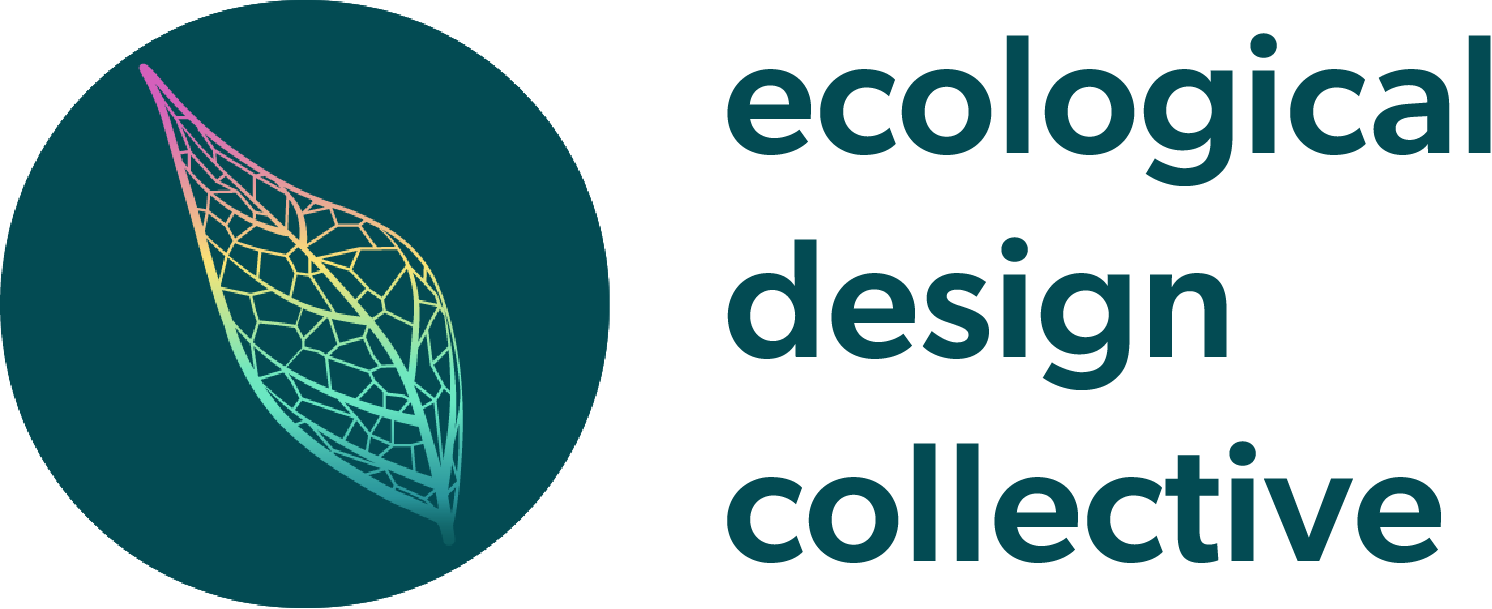
Karin Louise Hermes
Forum Replies Created
-
Karin Louise Hermes
MemberJune 11, 2023 at 9:49 am in reply to: “Degrowth” and intercommunalism, sharing, and caringBumping if anyone wants to discuss some more ,along your own “Degrowth” terminology optimism or criticism!
-
Karin Louise Hermes
MemberApril 29, 2023 at 6:55 am in reply to: “Degrowth” and intercommunalism, sharing, and caringI have been thinking on this content for the past weeks (and always hope forthcoming publications of mine in the pipeline would come out to summarize my points better), especially on the growth and economy bit, and for sure the pluralization of ideas, but also words and meanings to them.
My questions to this are:
What comes after decay? Isn’t it more growth? A cycle of growth and abundance after the decay? Which is what Andean pachakuti or Hawaiian hulihia intend in turnovers or “system change.”
Why leave the terminology of “growth” to the capitalist framing? Instead of (what I do with the Philippine palengke that means informal market aka “wet market,” and related to the marooning Palenqueros in the Spanish Americas) reclaiming it to return back to the economy/oikos that refers to the communal system again? Wherein the point of the market was a space of coming together and sharing/trading goods, the space of the “globalization” of ideas, same as I relate these concepts to the estuary/delta space of mixing waters and for solidarity or community-building. And this also comes from the Hawaiian terms for “value” or “abundance” or “wealth” in the word waiwai, that doubles the freshwater wai.
More useful material on that hulihia and waiwai here, in short essays and poetry: https://hdl.handle.net/10125/70178
So in the end, I really don’t disagree with Degrowth scholars, I just find my intentional wordplay more fun and productive: to focus on “growth” for environment and “market” for people, in one ecosystem or ecology (with logos as word/reason) without splitting nature/culture/nurture, like abstract economic growth has claimed it for a while, leaving humans and non-humans behind?
-
Karin Louise Hermes
MemberMarch 21, 2023 at 10:10 am in reply to: “Degrowth” and intercommunalism, sharing, and caringThis is possibly a more metadiscussion about the contexts of the EDC and ecological solidarities, as well as how my (German) father read about the Saito book in the German magazine “Der Spiegel” and said it sounded like my PhD dissertation (which he hasn’t read) based on my anti-capitalist points for climate justice.
My main premise isn’t really going back to Marx and being into Degrowth, but engaging in Indigenous and decolonial methods and practices that interconnect in Intercommunalism or hyperlocal (global-local) solidarities. *However* since my PhD like Saito’s was at Humboldt Uni in Berlin, Germany, I do refer to reinterpreting Marx/Engels and Hegel in the climate justice context for German “Leftist” engagement, instead of appropriating culturally-specific human-environment concepts.
The documenta 15 art exhibit in Kassel, Germany, also demonstrated the global South solidarities in practice based on Indonesian “lumbung” Intercommunalism, where the “rice barn” lumbung was the idea to bringing in many art collectives that do political work on the ground and sharing ideas and collaborations beyond the Kassel site (spacetime) itself… and that massively caused a problem to German hegemonic thinking and the same political premises my PhD goes into very culturally-specific German problems to decolonial solidarity…
"lumbung as a collectively-governed architecture for the storage of food serves a community’s long-term well-being through communal resources and mutual care, and it is organized around a set of shared values, collective rituals, and organizational principles. ruangrupa translates and continues this tradition of sharing within our own practice.""When ruangrupa initially proposed the idea of lumbung as a collectively governed pot of surplus resources, it was speculating artistically on how to build such a common structure over time. Under the current conditions, the concept of lumbung, and its values of solidarity and collectivity, has never been more vital and relevant. In moments when so many are experiencing the inequality and injustice of the current systems, lumbung can act as an effort (alongside so many others) to show that things can be done differently." - https://universes.art/en/documenta/2022/lumbung
A bit about my ideas (and I decided last week to perhaps work on a PhD book after all, but as methods/ethics handbook on rethinking cosmologies, polities, and justice, so I can just write more articles without explaining it all over every time):
– deliberately using the word “Growing” in the dissertation title against the Degrowth terminology: Growing Intercommunalist “pockets of resistance” with Aloha ‘Aina in Hawai’i
– actually critiquing Marx, because the main issue I see in those ideas of communism/socialism is having removed/disregarded the holism of ancestral land and as community, a factor why Zapatista organizing and Indigenous-led forms of thinking/doing “new” worlds/systems are more useful to engage with: You can’t remove spirit from land/environment/community and expect it to work!
– “spirit” in philosophy as “energy” in physics: So how do we contemplate a changing climate and energy crises in global systems, when spirit has been removed (and power isn’t questioned)?

